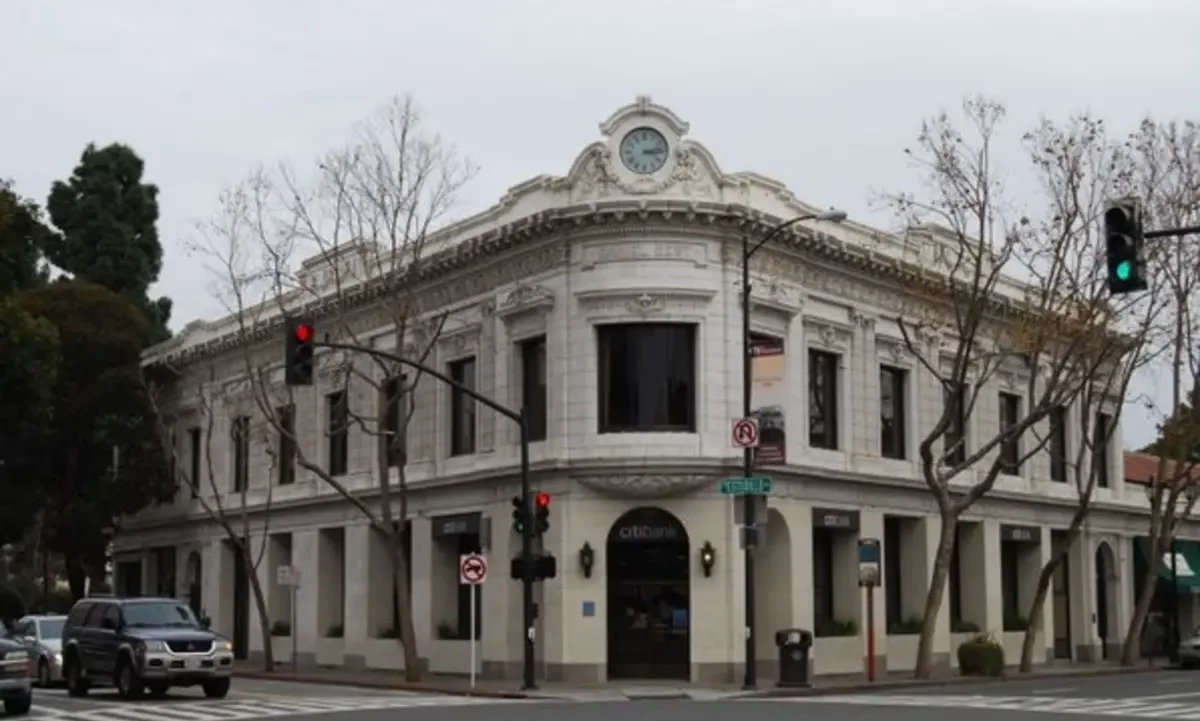Against the Crapsack Future
I’ve been writing on and active in California politics for several years now.
I am a proud movement Democrat and progressive, but I also believe to survive and thrive we must make deep, uncomfortable changes to society that too many Democrats are hesitant about (and even progressives sometimes equivocate on). If we do not eradicate car culture, reorient our lifestyles to denser settlement around public transit*, end the massive built infrastructure that both favors and forces car culture, then climate change will batter our civilization into a miserable husk. To adapt, we must reject status-quo bias and have a government that is accountable but also aggressive in action for the common good, acting for all of us, even when it makes the better-off have to change lifestyles. (Read: stop subsidizing suburbia.)
We have also hit the limits of combating systemic injustice against women and people of color by traditional liberal means. Inequality has solidified via gaps in generational wealth, housing/educational segregation by class as proxy for race, and lack of support for maternity and childcare, all of which are too systemic and decentralized for civil rights laws to combat. We must shift a large chunk of the wealth built up by historic injustice, both personal, legal, and macro, to redressing this injustice. We must also ensure the inclusion of women/POC in all decisionmaking as a sine qua non outcome, via policies like quotas.
Green New Deal. Housing abundance. Reparations. Universal Basic Income. This is how big we need to think – and that’s as a start.
Part of the past mission of my blog has been to give a summary and analysis of every measure before the voters on each California statewide ballot, as well as those local measures in Oakland and Alameda County, providing facts-first policy details, but also analysis and recommendations based on progressive principles and tactics. I will continue this project, but also make other posts.
Email: futuristdemocrats at gmail.com
* UN Environmental Program Emissions Gap report, 2019. Gloss: to even have a chance of meeting climate goals by 2050, everyone must drive 20% less (not just switch to electric cars), meaning dense development around transit. Not putting everyone in towers, but single-family detached homes must end as the norm.
